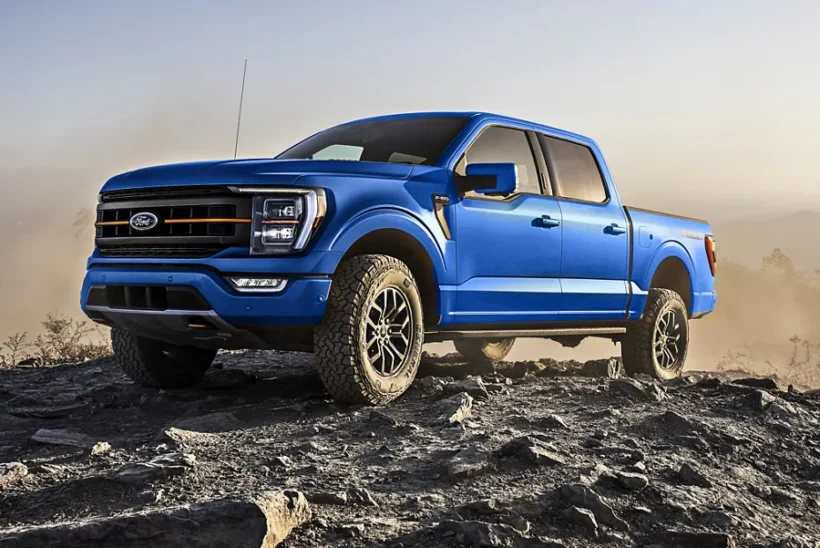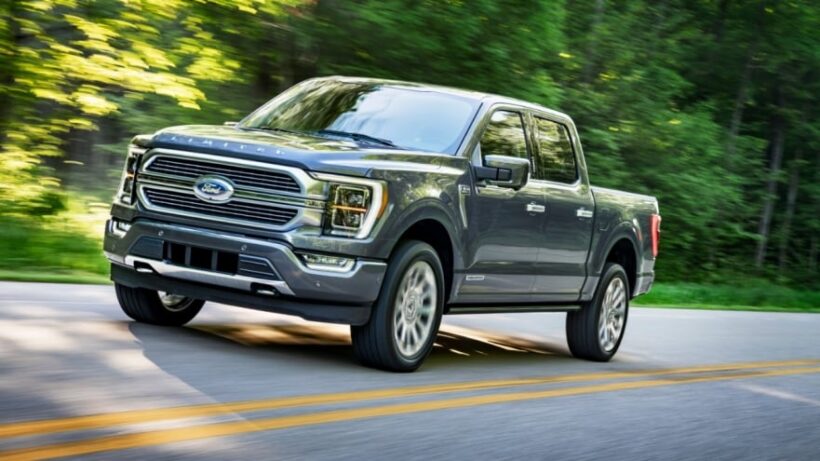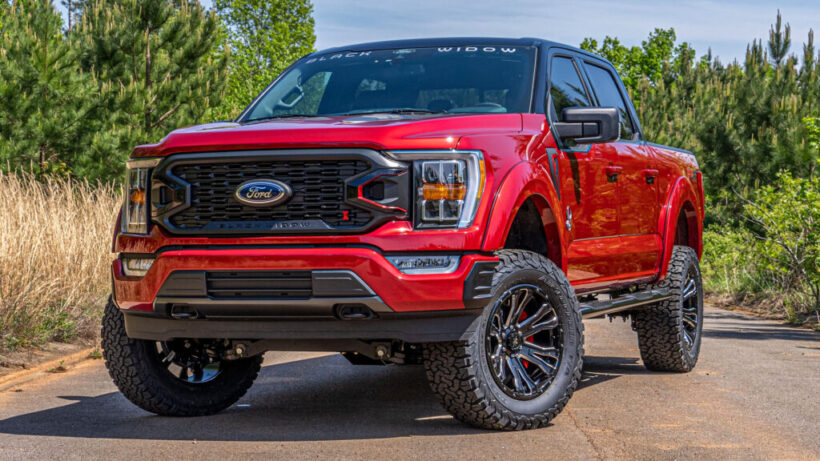When shopping for a used car, getting excited about the prospect of finding a great deal is easy. However, amidst the excitement, many buyers end up making costly mistakes that can turn their dream car into a nightmare. It’s, therefore, crucial to steer clear of several blunders when buying a used automobile to guarantee a pleasant and fruitful transaction.
This article will explore significant errors to avoid when shopping for a Ford F150 Used car or any other car model.
Ignoring Market Research and Failing to Negotiate

Entering a used car dealership or private seller’s negotiation requires adequate market research to avoid overpaying for a vehicle. You may fall prey to high-pressure sales tactics and emotional manipulation without knowing the fair market value of the car you’re interested in. Therefore, before starting negotiations, spend time researching the make, model, year, and trim of the vehicle you want to purchase.
Numerous online resources provide information on the average selling price of used vehicles based on their condition, mileage, and location. Armed with this data, you can confidently negotiate a fair price with the seller. Remember, the sticker price is often just the starting point. Be prepared to haggle, and feel free to walk away if the seller isn’t willing to agree to your price. Plenty of used cars are on the market, and a patient and informed buyer will eventually find the right one at the right price.
Skipping the Vehicle History Check
Another of buyers’ most significant blunders when considering a used car is neglecting to conduct a thorough vehicle history check. The vehicle’s history reveals critical information about its past, including accidents, maintenance records, title status, and mileage. Failing to check the history could leave you with a car with undisclosed issues, hidden damage, or even a salvage title.
Thankfully, obtaining a vehicle history report for a Ford F150 Used car or any other models you might desire has become easier with online services like Carfax and AutoCheck. By simply entering the car’s VIN (Vehicle Identification Number), you can access a detailed report that sheds light on its past. Look for any red flags, such as frequent accidents or inconsistent mileage readings. Additionally, consider having a trusted mechanic inspect the car for any potential problems that may not be apparent from the history report.
Not Getting a Pre-Purchase Inspection
Relying solely on the word of the seller or a clean vehicle history report is another major mistake. Even if the car looks great on the surface, getting a pre-purchase inspection before finalizing the deal is crucial since skipping this step could lead to expensive repairs down the road. A pre-purchase inspection involves taking the car to a certified mechanic who can evaluate its overall condition, check for hidden issues, and provide an expert opinion on its roadworthiness. The mechanic can identify potential problems with the engine, transmission, suspension, and other critical components. Armed with this information, you can negotiate a better price or decide to walk away from a lemon.
Underestimating Ownership Costs
When buying a used car, it’s essential to consider the purchase price and the ongoing costs of ownership. Many buyers need to focus more on the initial price tag and factor in expenses such as insurance, fuel, maintenance, and potential repairs. Research the typical maintenance costs for the specific make and model you’re interested in. Some cars have higher maintenance or repair costs due to their design or availability of parts. By understanding these potential costs upfront, you can make an informed decision about the long-term affordability of the vehicle.
Overlooking the Importance of Test Driving
A test drive lets you understand the car’s performance, handling, and overall condition. Skipping this step is a common blunder that buyers make in their eagerness to secure a deal quickly. Test driving allows you to assess the vehicle’s comfort, noise levels, responsiveness, and any potential brakes, steering, or suspension issues. During the test drive, pay attention to how the car behaves at different speeds and road conditions. Test it on both highways and local roads to comprehensively understand its capabilities. A test drive also ensures you’re comfortable with the car’s ergonomics and driving experience.
Disregarding the Resale Value

While you may be focused on the immediate purchase, consider the resale value of the used car you’re interested in. Some vehicles retain their value better than others, which can make a major difference when it comes time to sell or trade in. Look into historical resale values for the make and model you’re considering. Cars with solid reputations for reliability and durability tend to have better resale values. This consideration becomes especially important if you plan to own the car for a few years and then upgrade to a different vehicle.
Rushing the Paperwork Process
The excitement of finding the right used car can sometimes lead buyers to rush through the paperwork process. However, this is a critical aspect of the transaction that should be noticed. Ensure all necessary documents are in order, including the title transfer, bill of sale, warranty information (if applicable), and inspection reports. Thoroughly assess the terms of the sale and ensure you understand any warranties or guarantees. If you’re buying from a private seller, be cautious of any suspicious requests or discrepancies in the paperwork. Taking your time to go through the paperwork meticulously can save you from future legal or financial issues.
Ignoring the Vehicle’s Safety Features and Ratings
Refraining from considering a used car’s safety features and ratings can be a significant oversight. While the thrill of owning a new vehicle is enticing, prioritizing safety is crucial. Research the vehicle’s safety features, such as airbags, anti-lock brakes, electronic stability control, and advanced driver-assistance systems. Also, check the car’s crash test ratings from reputable authorities such as the National Highway Traffic Safety Administration. These ratings provide insights into how well the vehicle protects occupants in collision scenarios. Prioritizing safety can contribute to peace of mind and lower insurance premiums.
Avoiding the above blunders when considering a used car purchase will empower you as a buyer and increase the chances of finding a reliable and affordable used car. While the process may take time and effort, ensuring a successful and satisfying used car ownership experience is worth the investment.

